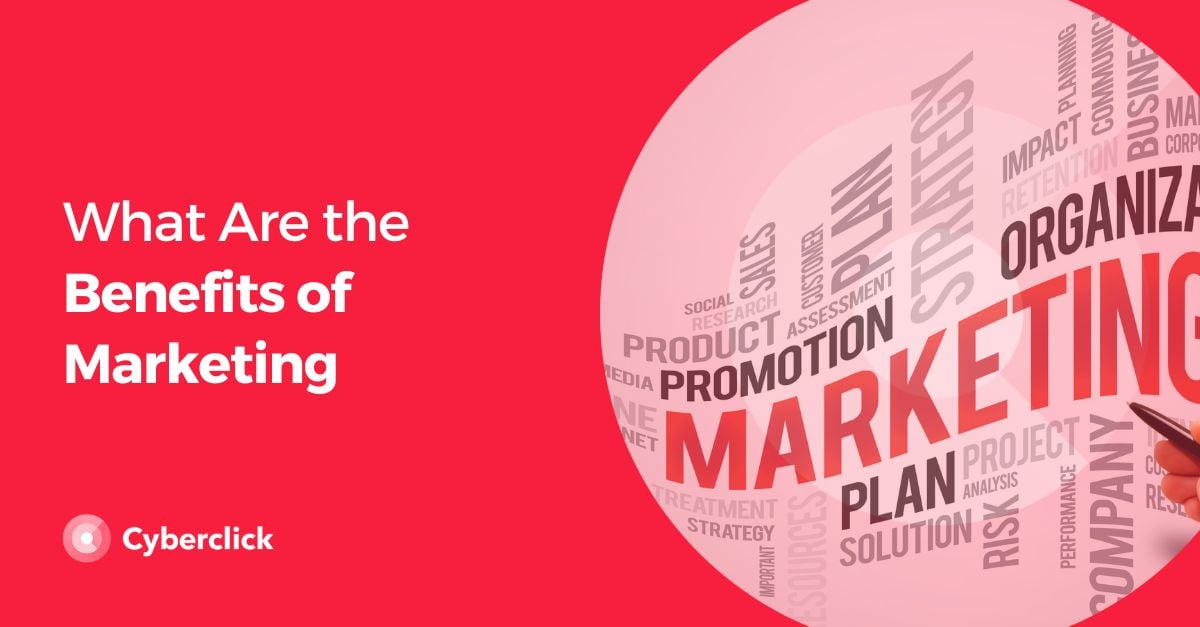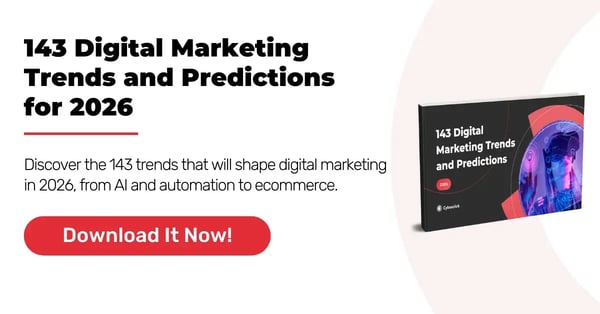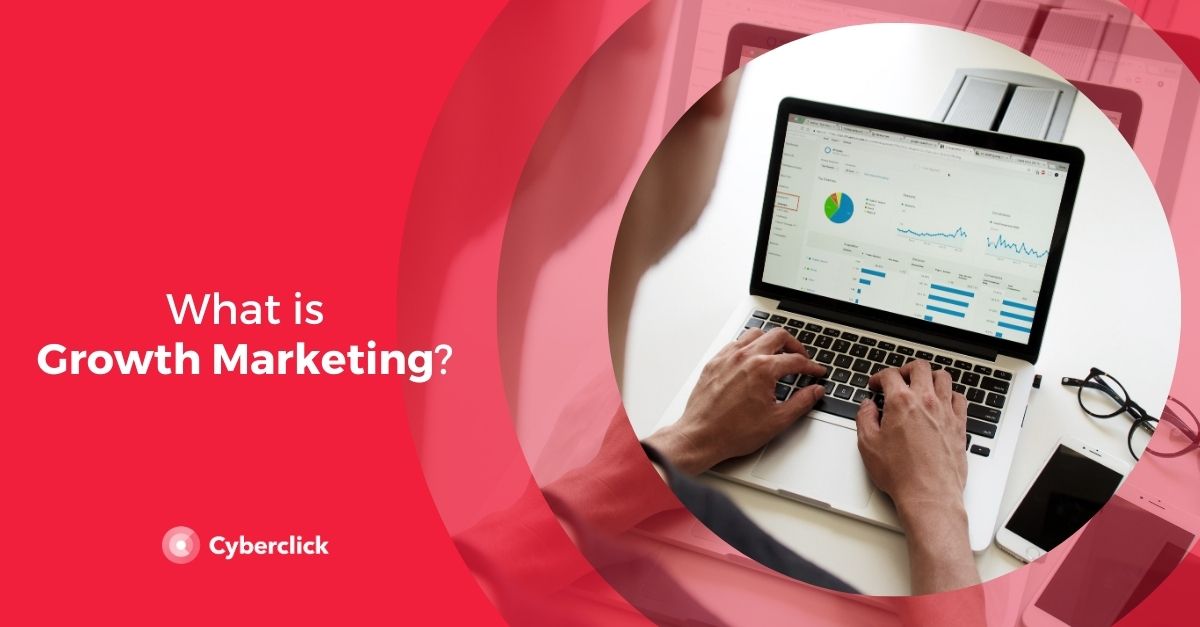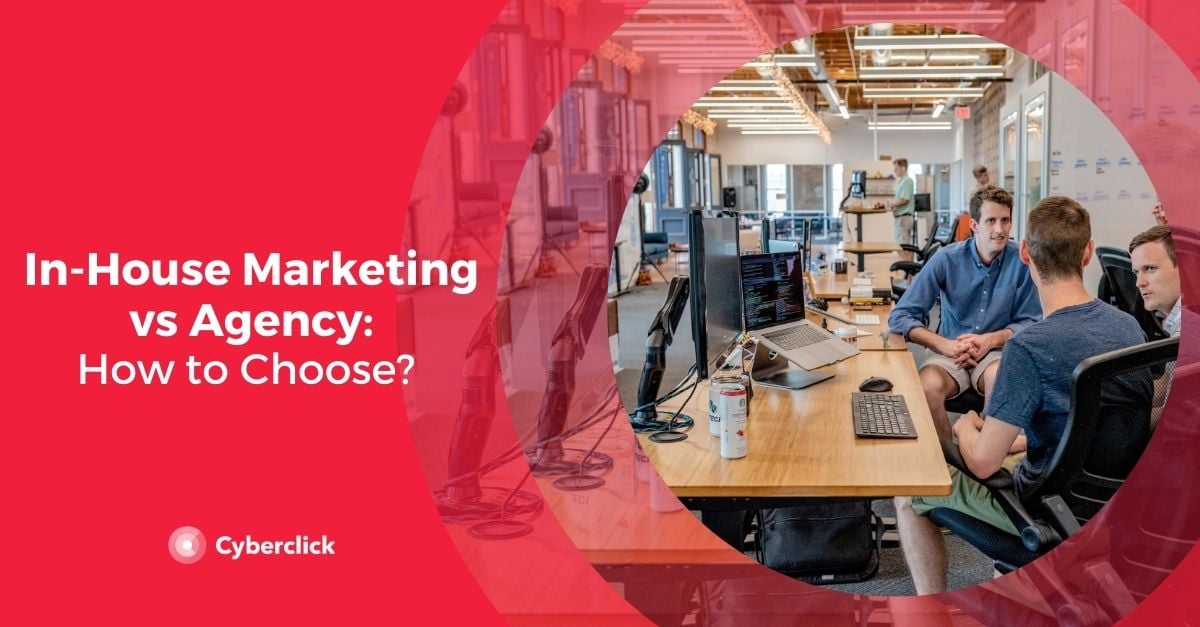Marketing is fundamental to growing a brand. It communicates the reasons why consumers should choose your brand, including the advantages, price, and unique features of your product or service. Marketing also helps maintain relationships with customers and creates engagement, which in turn drives word of mouth and referral marketing. In short, marketing attracts and nurtures consumer interest while growing your customer base and your profits. Considering that, let’s look at the benefits of marketing and how it can be used to grow your business.
4 Benefits of Digital Marketing
Digital marketing is any type of marketing that communicates with people through electronic devices and/or the internet. It can include paid search ads, social media, emails, etc. Digital marketing has become the primary method of attracting and retaining customers for many brands. That’s because people are spending more time online than ever before, and use the internet as their primary tool for researching and purchasing products or services.
What better place to reach new customers than where they spend the majority of their time? Here are some benefits of digital marketing.
1. Engagement Throughout the Buying Process
Digital marketing allows you to track and analyze almost every action a potential buyer makes online. In the past, consumer decisions were a bit of a mystery. Someone saw an ad, went to a store, and either bought something or not. Now, through digital marketing, you can easily pinpoint where traffic comes from, where leads drop off, and market to consumers with tailor-made ads depending on what stage they’re at in the buying process. This gives brands so much more power to deliver the right message at the right time.
2. Effective Targeting
With digital marketing, you have so many tools at your disposal to narrow down your target audience. Demographic segmentation has become so much easier because of the data that's available to marketers. You can focus on not just your target audience, but an ideal target customer. With this customer data, you can design ads and marketing communications just for that group or that person based on their interests and online activity.
3. Local and Global Reach
While more traditional marketing methods are limited by geography, digital marketing lets you connect with your audience of potential customers virtually anywhere in the world. If you sell online, you can reach customers in a variety of different markets without necessarily spending a great deal of money.
Digital marketing also helps you connect with a localized audience, which is important if your business relies on customers in your area. You can create ads or that target people in your area who are likely interested in your product or service. You can also use local SEO to gain visibility and increase brand awareness in your region.
4. Track and Measure Results
Creating a comprehensive marketing strategy is a lot of work. Digital marketing makes it easy to measure and adapt your strategies with real-time data based on results. Once your posts or ads are published you can track how many views they’ve received, how much engagement, and how many clicks. You can split test your ad with a different image or text and compare the results. Digital marketing gives you an accurate picture of exactly how your marketing plan is performing. With digital marketing tools like Google Analytics and Facebook Ads, you can track:
- Cost Per Click (CPC)
- Return on Investment (ROI)
- Engagement Rate
- Click-Through Rate (CTR)
- Many other Key Performance Indicators (KPIs)
4 Benefits of Content Marketing
Content marketing has been revolutionary. For some brands, it’s the only marketing method they use. Content marketing involves giving users valuable content that they want, while also promoting your brand in a more subtle way. Blog posts, how-to videos, podcasts, and exclusive offers all fall under content marketing.
1. Less Invasive than Traditional Marketing
In the past, marketers relied on pushy, in your face sales methods to get the public's attention; you simply couldn’t escape the barrage of ads. Content marketing takes a different approach. By understanding what potential customers actually want, you can then deliver valuable content to them that helps alleviate pain points, entertains, or educates. Delivering this content consistently builds trust with consumers and establishes your brand as an authority in your industry.
By nurturing leads with various types of content, you keep your brand in people's minds for when it comes time for them to make a purchase. Content marketing is much more like an ongoing conversation than an act of persuasion.
2. Boosts Your Traffic and SEO
Google loves content. Especially content that gives its users what they’re looking for. Content marketing allows you to give your target audience what they want while also delivering what Google wants. Quality content that answers people’s questions will generate more traffic for your brand and build your rankings on Google. With the right keywords and user intent research, you can build your content marketing into a steady stream of traffic.
3. Content Marketing Grows Your Followers
People who consume your blog posts, videos, podcasts, etc. are also highly likely to follow you on social media. They’re probably going to be liking and sharing your content on social media with their friends and followers. This puts more eyes on your content which in turn increases your number of followers. Content marketing attracts followers who are actively engaged with what you produce, meaning they’re probably a target audience for your products or services.
4. Content Marketing Lets You Lead the Conversation
Content marketing strategies put you in touch with buyers who are actively interested in what you offer. With this in mind you can answer their questions and guide them towards the options that best suit their needs. Depending on where they are in the customer journey, you can deliver relevant, timely communication to serve them and drive sales. You are leading the conversation and are in control, a huge advantage that content marketing provides.
3 Benefits of Social Media Marketing
Social media is a huge opportunity for brands to expand their reach and grow their businesses. Whether you have an online company or a brick-and-mortar operation, social media marketing can help you get the word out efficiently and effectively.
1. Build Brand Awareness
Just about everyone uses some form of social media these days. Whether it’s Instagram, Facebook, LinkedIn, or TikTok, there are many platforms for marketers to reach their audiences. The beauty of social media is that you can advertise and market to users based on their interests, location, gender, profession, and more. In doing so, you can develop and grow brand awareness with well-crafted profile pages and consistently compelling content.
Social media also allows you to build conversations around your brand and industry. Through social listening tools, you can also join the discussion and build more connections with users. Once again, social media marketing keeps your brand in front of potential buyers and makes doing so very simple.
2. Offer Stellar Customer Service
People use social media to share things they like (or don’t like), voice their opinions, ask questions, and even complain. Nearly half of Americans are using social media for support and are expecting companies to respond to them in comments and through direct messaging. As a brand, it’s imperative to be as responsive as possible and solve issues, answer questions, and provide support whenever possible. Responding to requests in comment sections is especially important since your commitment to customer service is on display for all to see. Providing exceptional and timely support through social media can and will set you apart from your competition.
3. Retargeting
Social media allows you to follow users who visited your site but didn’t buy anything. Using retargeting you can advertise your products or services to them on social networks. Only 2% of first-time visitors actually buy something so keeping your brand in front of them with retargeting ads on Facebook, for example, can lead to a sale in the future. This may sound a bit like stalking but often people don't make purchases because they didn’t have time, haven't made up their mind, or are even waiting to get paid. Your retargeting ads are simply reminders that they had an interest in what you offer.
The benefits of marketing may seem obvious yet it’s important to remind ourselves exactly why marketing is so important. Digital marketing, in all its forms, represents an unprecedented opportunity for brands to reach new customers and retain existing ones with a wide range of tools. With the power of data, you can fine-tune your messaging to fit a user's needs, wherever they may be in the buying process. Now might be the perfect time to revamp your marketing strategy or create new plans to expand your reach, build awareness, and drive more sales.
CEO y cofundador de Cyberclick. Cuenta con más de 25 años de experiencia en el mundo online. Es ingeniero y cursó un programa de Entrepreneurship en MIT, Massachusetts Institute of Technology. En 2012 fue nombrado uno de los 20 emprendedores más influyentes en España, menores de 40 años, según la Global Entrepreneurship Week 2012 e IESE. Autor de "La empresa más feliz del mundo" y "Diario de un Millennial".
CEO and co-founder of Cyberclick. David Tomas has more than 25 years of experience in the online world. He is an engineer and completed an Entrepreneurship program at MIT, Massachusetts Institute of Technology. In 2012 he was named one of the 20 most influential entrepreneurs in Spain, under the age of 40, according to Global Entrepreneurship Week 2012 and IESE. Author of "The Happiest Company in the World" and "Diary of a Millennial".







Leave your comment and join the conversation